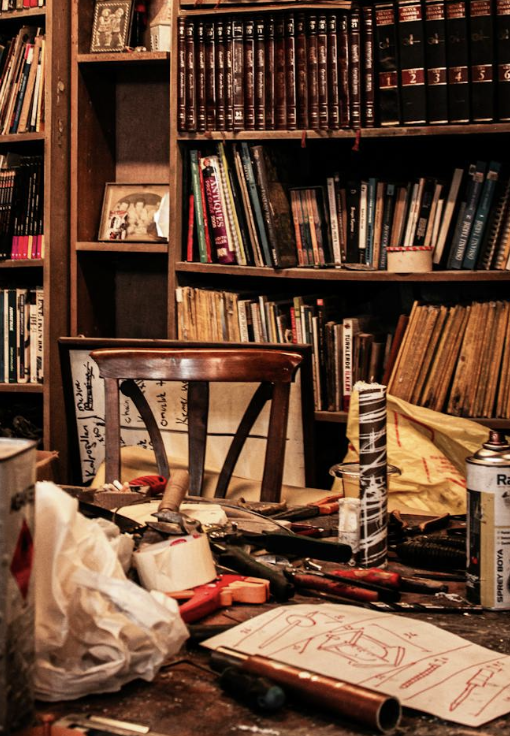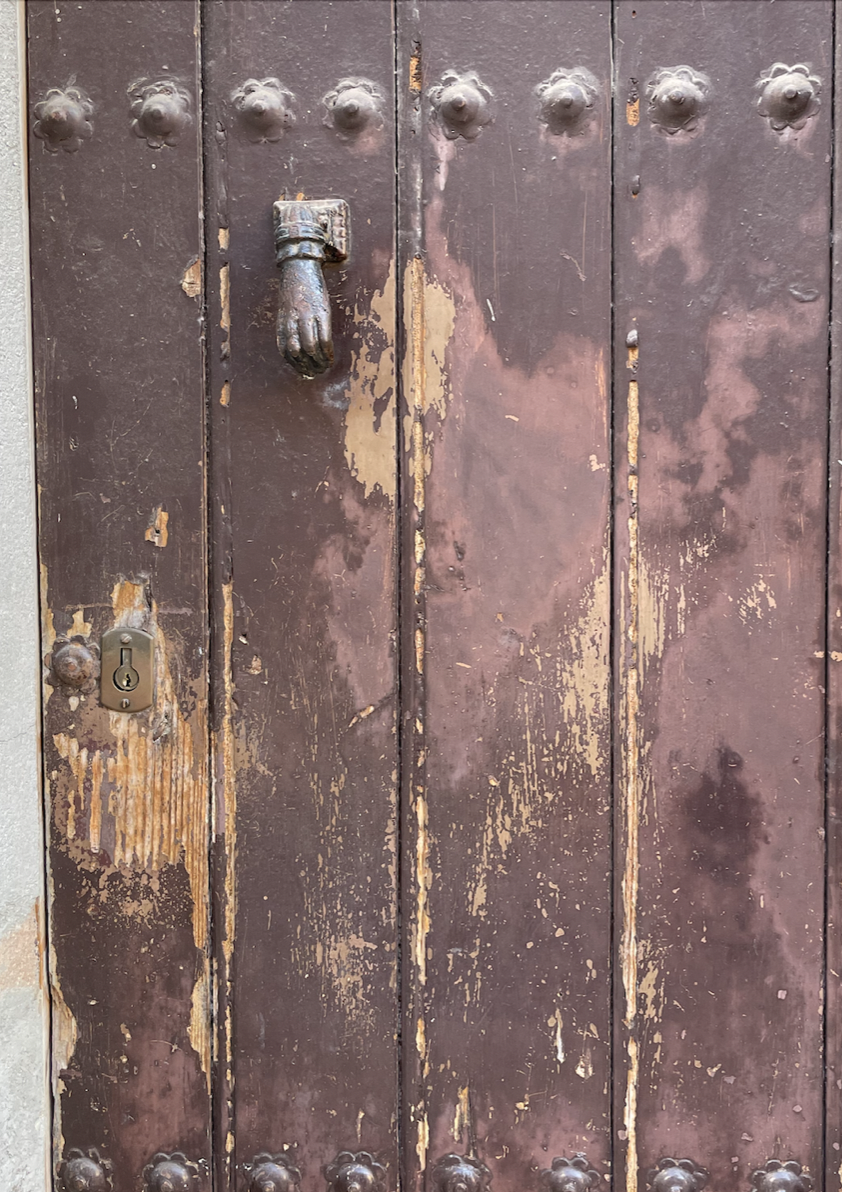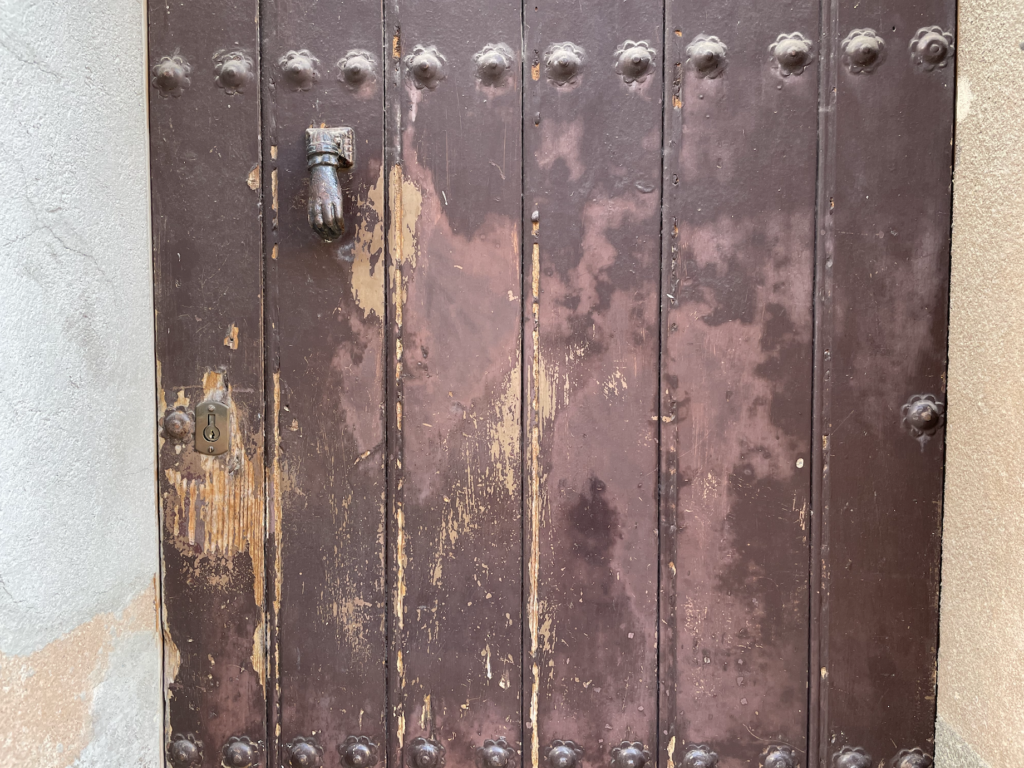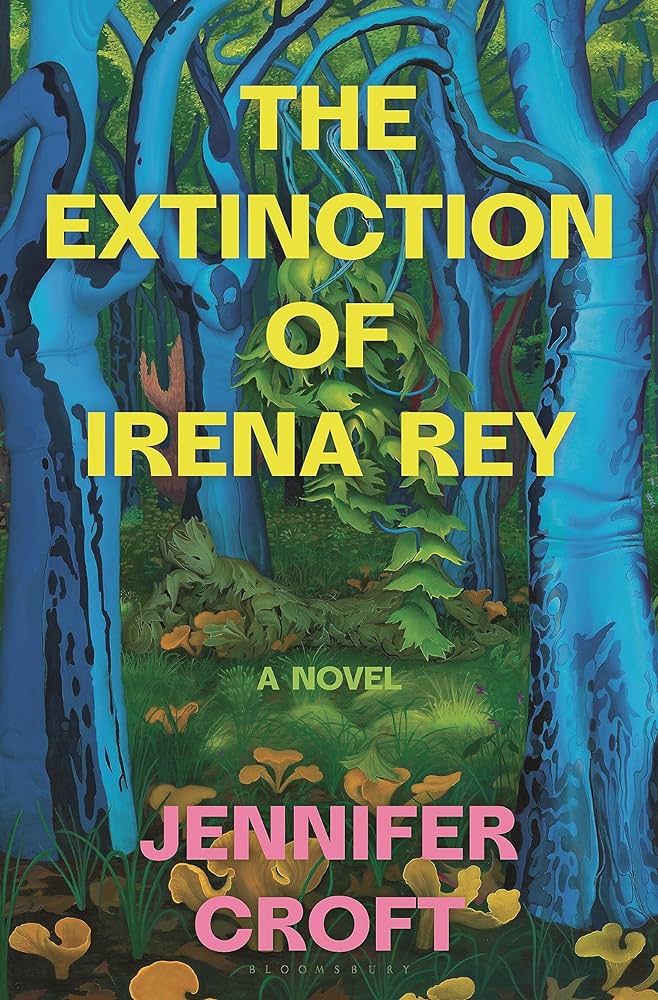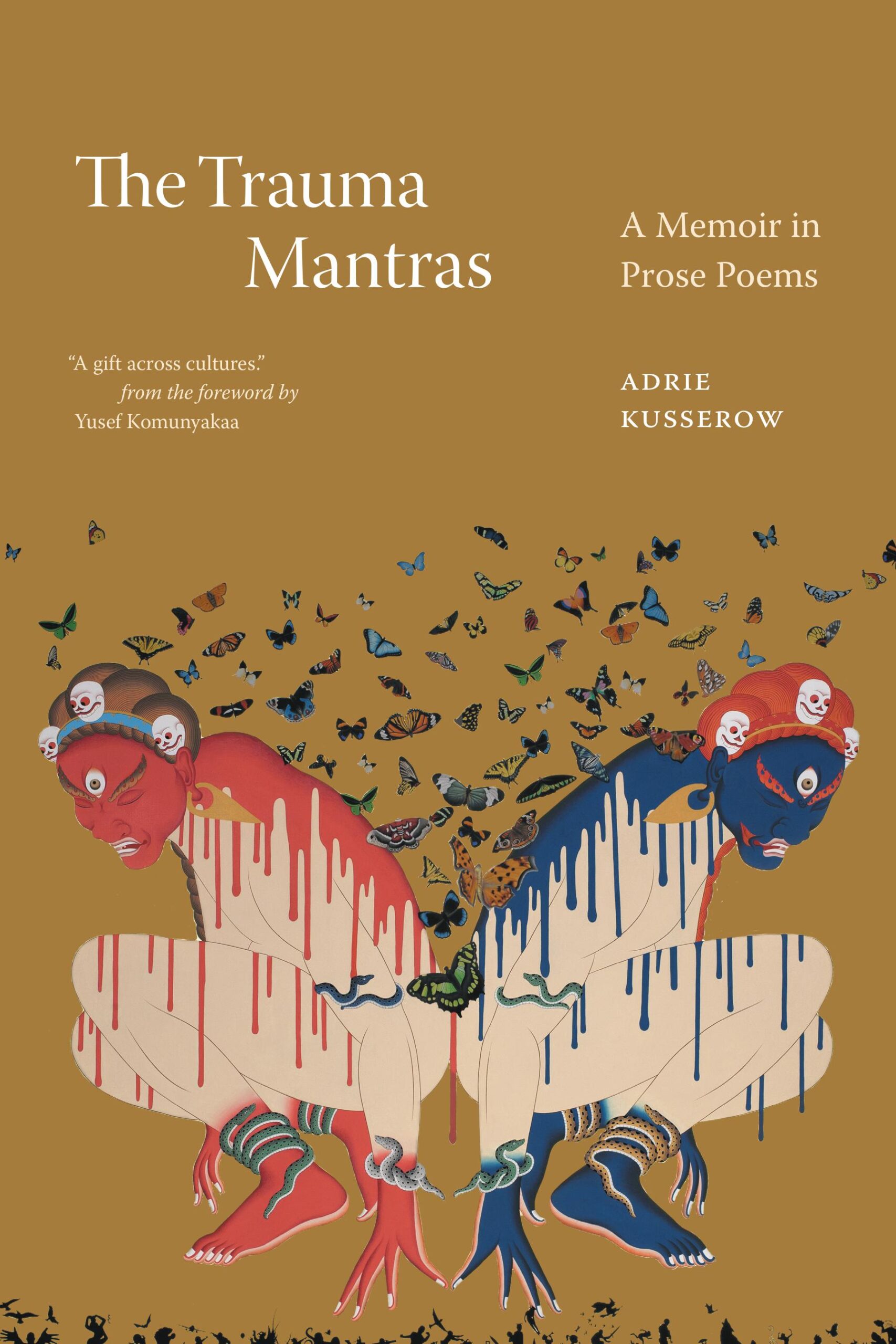Review by JENNIFER FRANKLIN
Featuring poems by DIANE SEUSS, FRED MARCHANT, JUSTIN WYMER, and BRENDA CÁRDENAS
Walt Whitman famously wrote, “I am the poet of the body and I am the poet of the soul.” Braving the Body (Harbor Editions, 2024) a new anthology edited by Nicole Callihan, Pichchenda Bao, and Jennifer Franklin is a collection of poems that are both embodied and soulful; they spring from the imaginations and lived experiences of 116 brave bodies (including one who is no longer alive after a long battle with cancer). But in Karen Friedland’s exuberant poem, “It Recurred,” the speaker is present, alive, defiant, “At this tender moment, my death is merely theoretical, and life is all I’ll ever know. In Diane Seuss’s hair “the color of a field mouse” the speaker holds space for a painful teenage memory, Jesus “writing / parables in his head” and the body as “a world / of massive disappointments.” and Justin Wymer’s “pill the color of her hair;” JP Howard’s poem mediates on the body as home and the home as sanctuary in an often inhospitable and unsafe world, “this is a safe place for black boys becoming black men” and Fred Marchant’s prescient speaker tells us “thus i announce the world is burning.” But this is also a collection of the body as conduit of pleasure, joy, love, and freedom as when Brenda Cardenas cries, “Perhaps we lick the nape of a lost lover’s / neck, just to remind them we once tangoed / In the blooming garden of their chest.” As Nicole Callihan writes in her introduction, “Absurd, sublime, anxious, and tender—these poems resonate in the very place they were born—the brave body in all its gore and glory.”
—Jennifer Franklin



